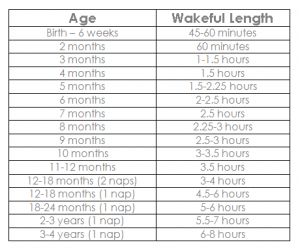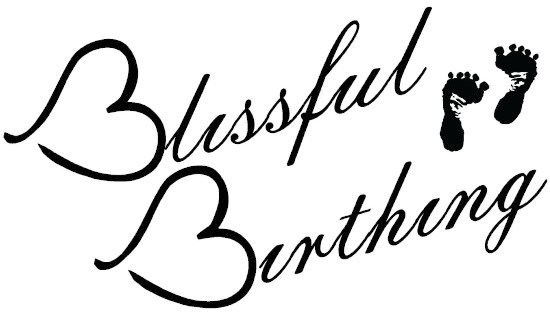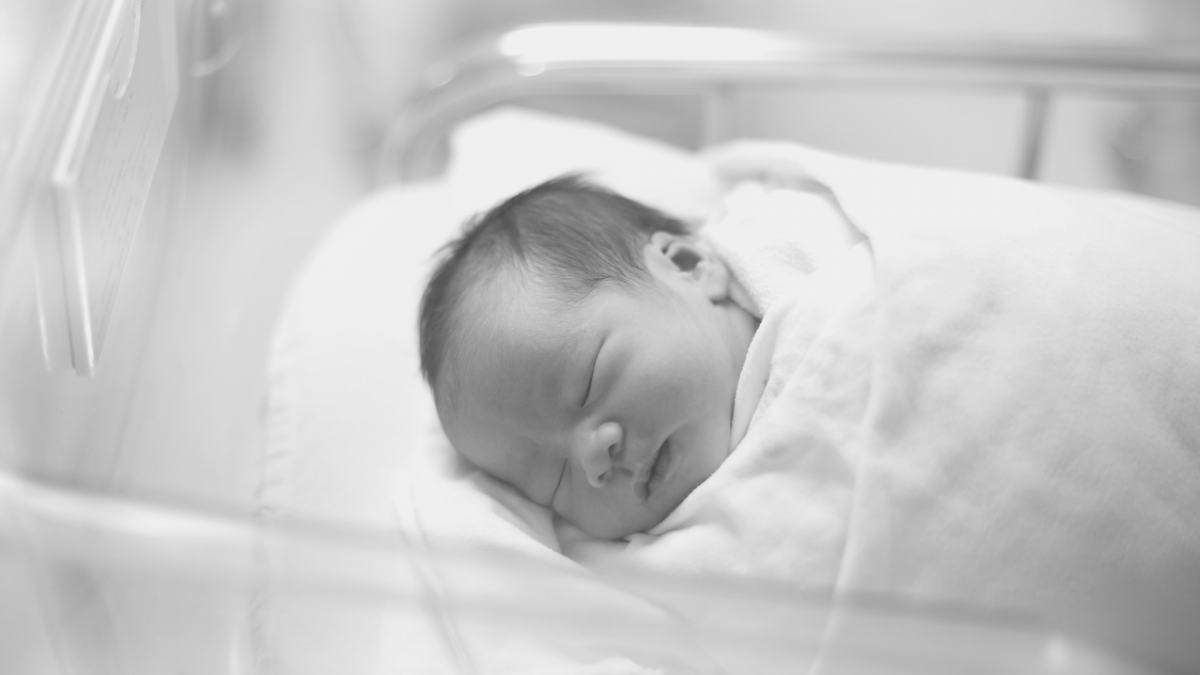Let’s face it – there are few things cuter than a sleeping baby. Sleep is one of the issues that new parents are the most concerned about, and rightfully so. We all, babies included, function better when we are well rested. For this reason our team stresses to new parents the importance of establishing good sleep habits for their newborn right from the start. Here are some of our best tips.
Establishing Good Sleep Habits
Start your sleep routines early
While it is unrealistic to think that a newborn will sleep through the night, it is possible to lay the foundations and aid your baby in establishing good sleep habits early. This can be as simple as establishing bedtime cues which, over time, your baby will pick up on.
- Do not keep your baby awake for extended periods of time.
- Swaddle your baby (if younger than 8 weeks of age and not showing signs of rolling over).
- Current Safe Sleep Recommendations from the American Academy of Pediatrics can be found here.
- Place your baby on his/her back in their bassinet or crib, drowsy if possible.
- Avoid letting your baby nap while being held or while laying on you.
- This is fine on occasion, but if this is how your baby always naps, that is what they will get used to.
Develop a sleep routine
Developing a sleep routine does not need to be an elaborate ordeal. I recommend keeping your baby’s sleep/bedtime routine as simple as possible. This makes it easy for other caregivers to replicate so your baby is able to stay on track regardless of who is putting him/her to bed. An example of a simple sleep routine can be:
- Bath & Pajamas (if it’s time for bed for the night)
- Swaddle (if age appropriate)
- Sing one song
- Hugs & Kisses
- Place baby in crib
Follow your baby’s sleepy cues
 When your baby is born he/she will spend the majority of their time sleeping. And for the first six to eight weeks it is unrealistic to expect that you can put your baby on a rigid schedule. The best you can aim for is a predictable nap plan based on how long your baby has been awake. By focusing on wakeful periods by age, you can get an idea of when your baby should be getting ready to sleep. Unlike adults, babies do not sleep better or longer when they are exhausted. It can actually make it harder for them to fall asleep. For that reason I do not recommend exceeding the suggested wakeful period for your baby’s age.
When your baby is born he/she will spend the majority of their time sleeping. And for the first six to eight weeks it is unrealistic to expect that you can put your baby on a rigid schedule. The best you can aim for is a predictable nap plan based on how long your baby has been awake. By focusing on wakeful periods by age, you can get an idea of when your baby should be getting ready to sleep. Unlike adults, babies do not sleep better or longer when they are exhausted. It can actually make it harder for them to fall asleep. For that reason I do not recommend exceeding the suggested wakeful period for your baby’s age.
Putting your baby down to sleep awake
Self soothing is an important life skill. And you can help your baby work on developing this skill from an early age. Once your baby has eaten and played (whichever the order) and is approaching the limit of his/her age-appropriate wakeful time, you can begin with their simple sleep routine. Swaddle your baby, sing a song, hugs and kisses, and into the safe sleep location they go, drowsy. Your baby will learn to put him/herself to sleep. I want to be clear, I am not advocating for or suggesting you put your newborn into their bassinet and leave them to cry until they fall asleep. The goal here is to not have to rock your baby to sleep or hold him/her in your arms for 10 minutes after they fall asleep before transferring them. Why? As your baby gets older and they wake up between sleep cycles, you want him/her to have the skills needed to get back to sleep efficiently.
Keeping sleep routines consistent
Sleep is the one aspect of newborn care where I don’t recommend winging it when you are out. There are so many compact and portable options for you to take along when you are away from home. While it may seem like a pain or even unnecessary, your baby will do better with the consistency.
As your child gets older, they may hit a sleep “regression.” Consistency in sleep routines is even more critical during these changes so your baby does not lose the progress you both have worked hard to achieve.
Maintain a Safe Sleep Environment
There are a number of devices available that advertisers and other parents swear by for a “good night’s sleep.” These devices may include, but are not limited to: Rock n Play, infant swings, bouncers, car seats, etc.
We cannot stress enough that only firm, flat surfaces are safe for sleeping. Not only is it dangerous to sleep your baby in one of the devices mentioned above, it does not help your baby to develop healthy sleeping habits.
Our team of postpartum doulas are able to work with you to help you establish good, safe sleep habits for your baby. Obviously the earlier the groundwork is laid, the less of a transition it is for both you and your baby. If you need a referral for an in-home sleep coach, let us know. We have you covered!
We hope you find these tips helpful when working with your baby on establishing good sleep habits. Let us know in the comments what you think!
Other Blogs You May Like
Safe Sleep Guidelines
Z is for ZZZ
Wakeful Periods By Age
This blog is for informational purposes only. The content cannot diagnose, treat, cure, or prevent any disease. Please speak with your baby’s pediatrician before implementing any of these suggestions.

